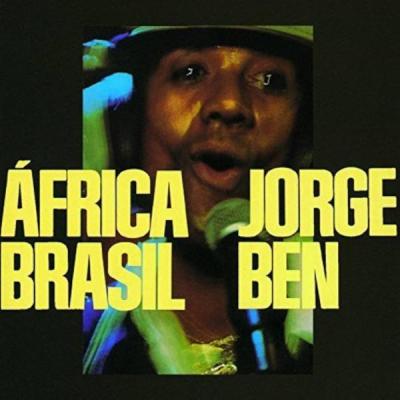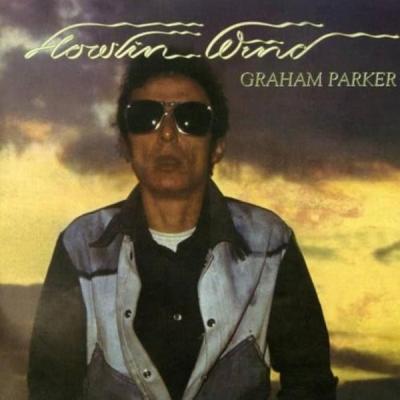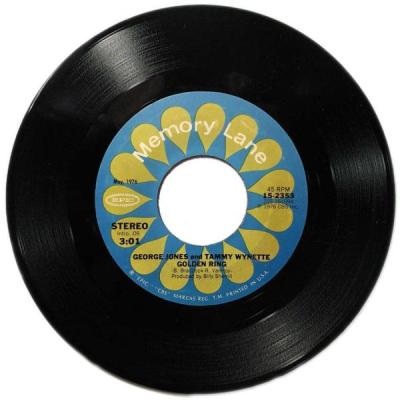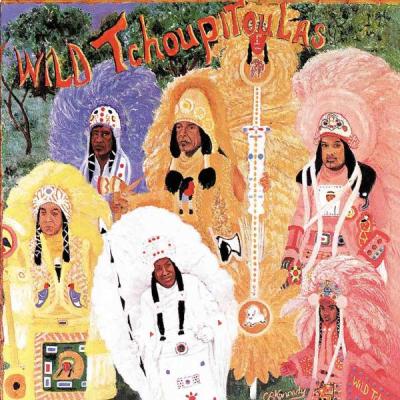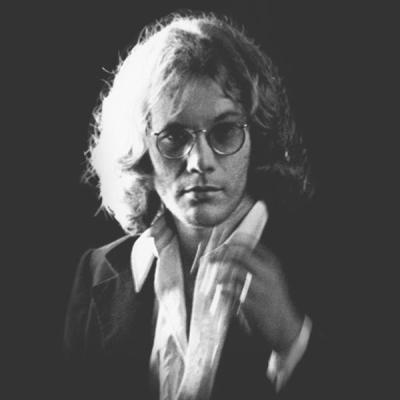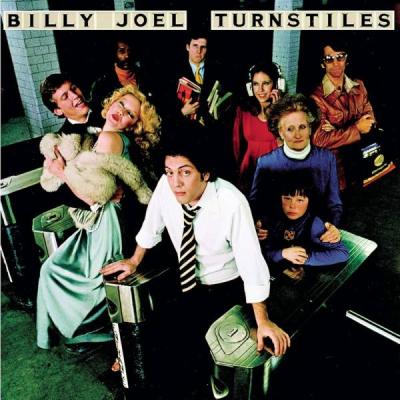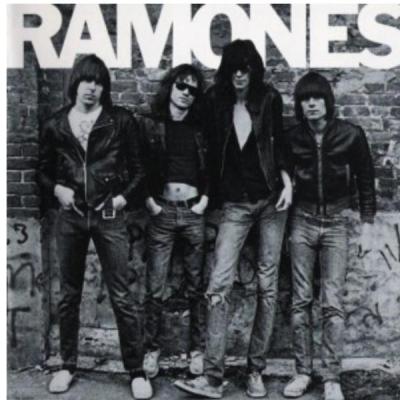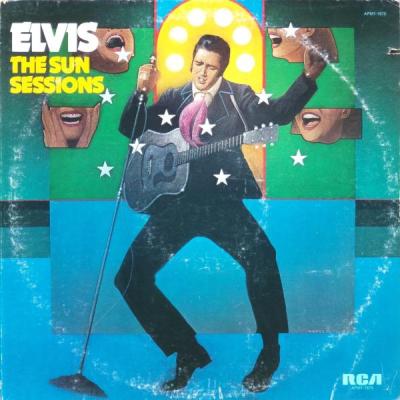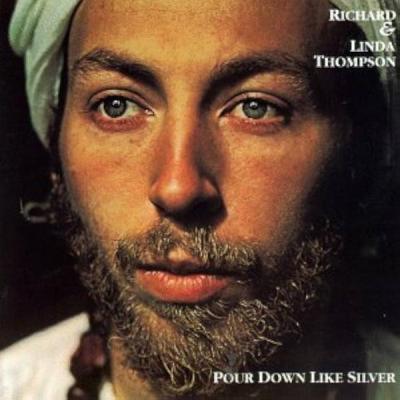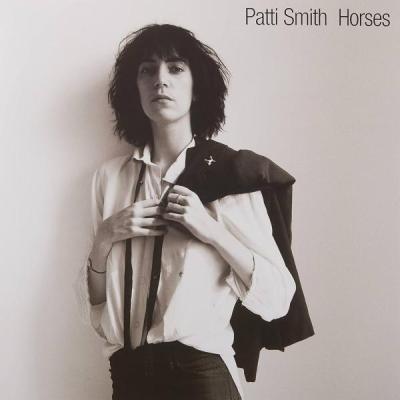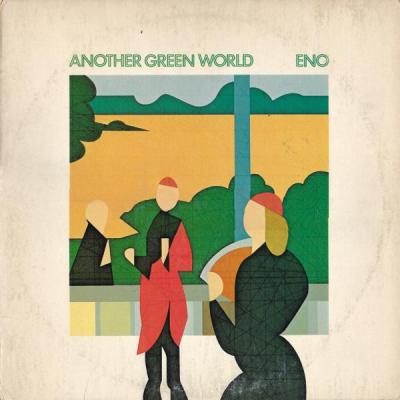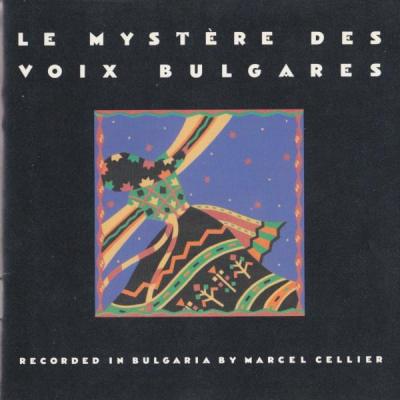

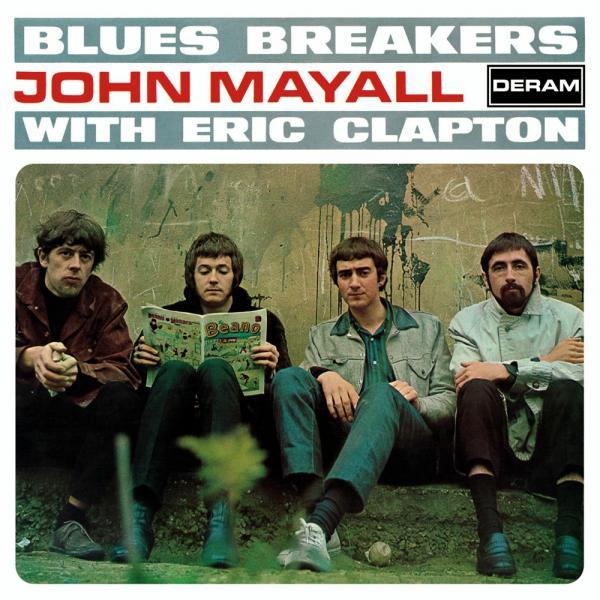
John Mayall: Blues Breakers w/Eric Clapton
Album #62 - July 1966
Episode date - April 1, 2015
There’s two ways you can view this record. From a positive perspective, you may see it as the apex of English Blues expression. On the other hand, you could be curmudgeonly and see it as the death of blues music’s relevance to American Black culture.
It was at this exact period of time where the blues were thoroughly abandoned by its original audience, leaving white teen-agers to consider B.B. King, Howlin’ Wolf, and Muddy Waters as cultural curiosities. While the British invasion bands sold records by the millions, their American heroes were left to wonder just what the hell could cause such a marked change to happen so rapidly.
What America did not recognize at the time of the British invasion is that most of the British bands were playing watered down, recycled versions of genuine American blues tunes that were already once popular among Black culture, but thoroughly ignored by the white mainstream. To our own shame (and misfortune), we treated the British version of blues music as the ‘real thing’, which alienated the original artists and disrupted their careers significantly.
John Mayall was the epitome of an English blues purist who worshipped at the shrine of American blues greats. He shunned fame and fortune, holding onto his role as an ‘enabler’ for some of Great Britain’s most promising players. The Blues Breakers were a revolving door of musicians, and the band worked as a finishing school of sorts, bestowing credibility on those who passed through. “Graduates’ usually went on to fame and fortune either on their own or with another group. In 1967, Peter Green left, taking the entire rhythm section of Mick Fleetwood and John McVie with him, to form Fleetwood Mac. Two years later, the Rolling Stones hijacked Mick Taylor for their own use. This sort of thing happened with such regularity that it’s a wonder Mayall didn’t lock his players up in chains.
Before any of those changes, though, for most of 1965-66, Eric Clapton was Mayall’s guitar player. Clapton had recently departed the Yardbirds, bemoaning their desire to be a ‘pop’ band, and came to John Mayall, knowing that he shared Clapton’s passion for ‘pure’ blues. Clapton’s tenure with Mayall lasted for only one album, but its impact was enormous. This is the record that caused British kids to scrawl “Clapton Is God’ graffiti around London. Cream came next, and despite Clapton’s previous pronouncements regarding ‘pure’ blues, he can be credited (or perhaps discredited) with altering the form.
Suddenly, due mostly to Cream, blues music meant extended guitar solos played over predictable chord progressions. Rather ironically, Cream did not shy away from the pop music formula, either. It is impossible to deny Clapton’s brilliance on “Bluesbreakers”, but please don’t make the mistake of overlooking the artists who created most of these songs in the first place. Clapton was a brilliant emulator, but he himself would encourage you to find the original recordings by blues artists like Freddie King, Otis Rush and Little Walter.
July 1966 - Billboard Charted: Did Not Chart
Related Shows
- 1 of 20
- ››


